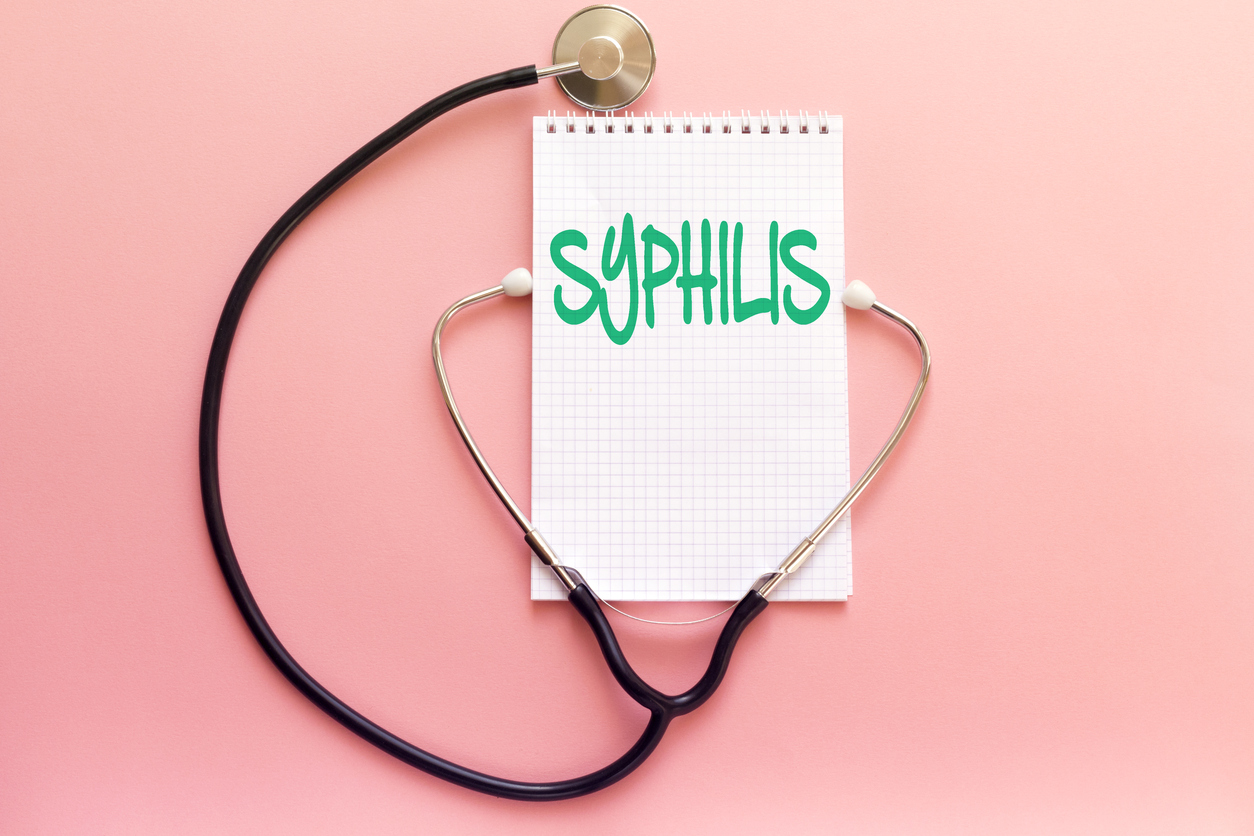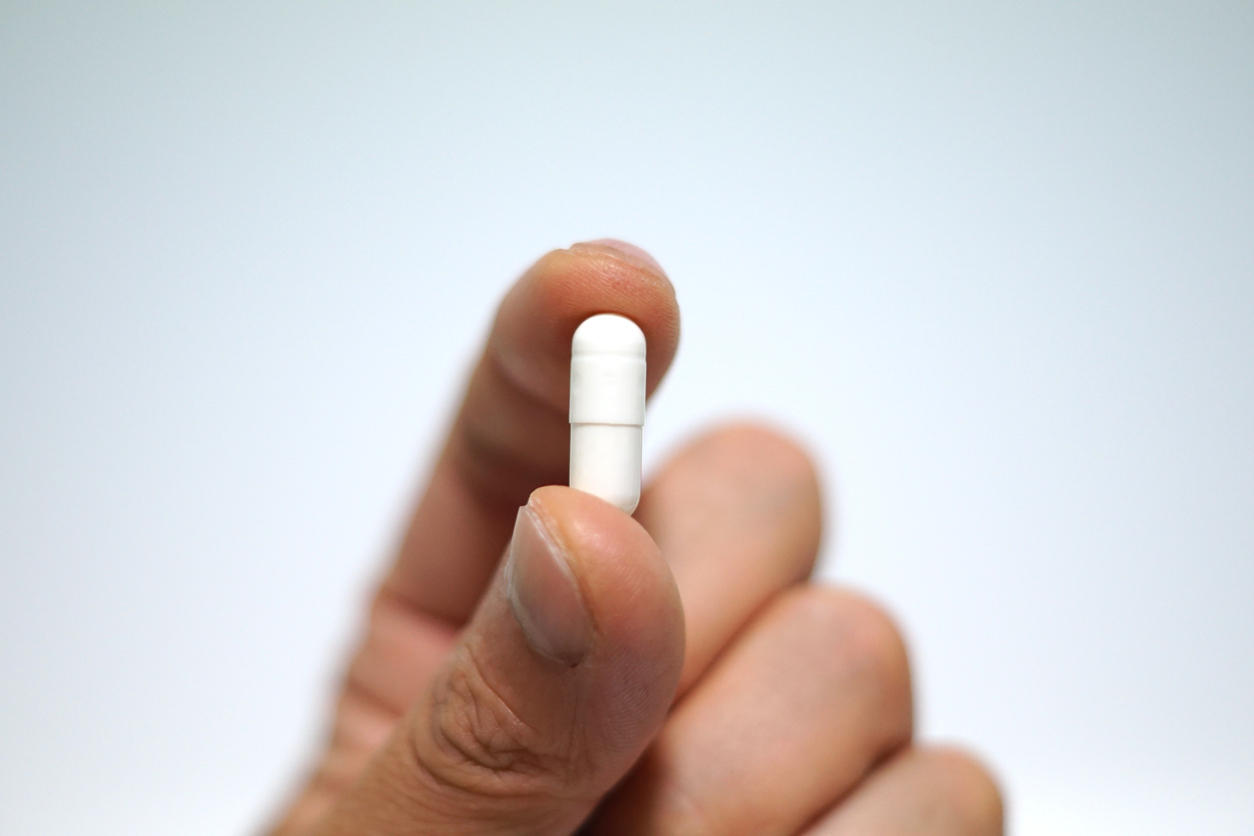
The U.S. Centers for Disease Control and Prevention issued a startling report that shows the rates of syphilis are rising in women of reproductive age and consequently, on newborns.
From 2013 to 2017, the number of newborns who contracted syphilis more than doubled by 76 percent. It went from 362 cases to 918 cases of the disease “outpacing overall increases in STDs nationwide” the report indicated in its release on Tuesday.
In 2017 alone, the number of cases went up by more than 10 percent. Babies born with the disease rose by nearly 50 percent during that same time.
Syphilis is a sexually transmitted disease that can cause devastating health problems if left untreated. It is spread through direct contact with a syphilis sore during vaginal, anal, or oral sex. Sores are found around the vagina, penis, anus or in the rectum, on lips or mouths.
Women with untreated syphilis have an 80 percent chance of passing it onto their child. Though the disease is highly treatable in adults, it can be deadly for babies.
According to a fact sheet provided by the CDC, as many as 40 percent of babies that are born to mothers with syphilis are stillborn or die of the infection.
The CDC recommends all pregnant women be tested for syphilis as soon as they can. The disease is curable with antibiotics.
Gail Bolan, director of the STD prevention division through the CDC said, “To protect every baby, we have to start by protecting every mother. Too many women are falling through the cracks of the system. If we’re going to reverse the resurgence of congenital syphilis that has to change.”
Another fact that caused the high rates of syphilis in babies were that one-third of the children who contracted it came from mothers who failed to seek treatment during their pregnancy; or they contracted the disease after they were tested.
Doctors recommend women who live in areas where the disease is prevalent, or those likely to be exposed to it, be tested more frequently.
Other sexually transmitted diseases that rose in the United States were gonorrhea by 18.58%, chlamydia by 6.89%.





